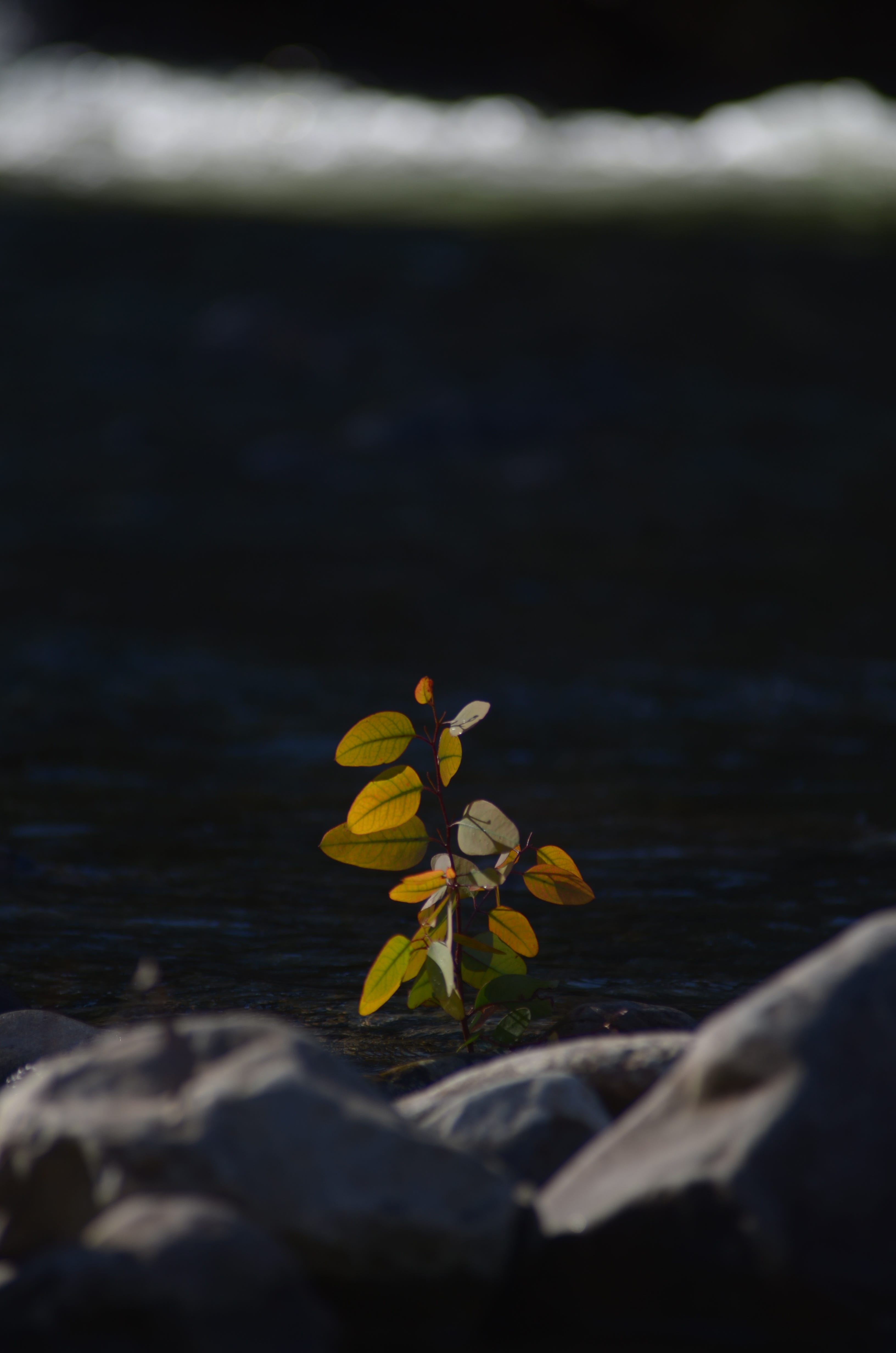Tasmania has a treasure that proves the bigots wrong.
I first saw it as a small act of protest. After a politician regaled the Federal Parliament with nonsense history, applauding the White Australia Policy and decrying the immigration of Muslim people, I went to the archives.
My quarry had long been on my archival radar, something that I had seen listed in a catalogue and filed away in my mind for examination one day. When the hate speech started, I knew the time had come. I went to see the Koran.
It seemed out of place sitting on the archival table under fluorescent lighting. Covered with dyed red leather, trimmed with fine decorations, a tapered flap closed over the book with the clear message that it was meant to travel. And this old book, enfolded in such protective beauty, had indeed journeyed far.
As I opened it up, I could almost feel the false history begin to fade.
I already knew why it was there; the catalogue had said as much. But I was delighted to find the story written in considerable detail within. Historians are optimists, and my hopes for an explanatory inscription were greatly exceeded. Four folded documents were tucked in the back cover. In professional cursive, they explained why an antique Koran came to be in my hands in Hobart.
One was a bit of internal correspondence from the colonial authorities in India dated June 1832. Apparently the “Government of Van Diemen’s Land” had made representations that they needed some copies of the Koran “for the purpose of administering Oaths to natives of India whose evidence may be required before the Magistrates”.
Because swearing on the Bible was standard court procedure, oath-taking was a common complication of empire. The Indian authorities agreed to help their Vandemonian counterparts by shipping to Hobart “five Korans to be used in swearing Mahommedan Witnesses”. Because of is importance as a port, Hobart was often visited by Muslim men who formed a very significant component of ship crews, colloquially known as Lascars. Moreover, Van Diemen’s Land was home to some Muslim migrants, both free and unfree, so this was no mere theoretical concern.
But the story in this Koran was not only about Muslims. The Vandemonian Government was also interested in the testimony of Hindu witnesses, although the letter explained that they did not require any sort of Holy Book. Normally water from the Ganges or the presence of a Brahmin was part of the colonial truth-telling ritual, but as these were not readily available for use in Van Diemen’s Land, the Indian authorities recommended what amounted to a written affirmation, at least if the person in question was “a man of respectability”. If the prospective witness was from the “common labouring class”, they simply recommended “laying his hand on the back of a cow”.
Two additional documents detailed these procedures at greater length, translated from Indian documents, one each for Hindu and Muslim witnesses. It was a remarkably sensitive act for an empire not always known for following every legal nicety.
The final document that had been hiding for nearly two centuries within the Koran was the letter that came with it from India. Explaining that five copies had been sent, the writer itemised their respective costs in the margin. There was a cheap one, two more expensive ones, and two that were slightly more expensive again. Most likely I was examining one of the last. A pencilled note from the Colonial Secretary shows that it had arrived by November 1832.
After reading these documents I opened the Koran itself. I was met with beautifully printed Arabic script, part of our past that some politicians would wilfully neglect. More than two decades before the Eureka Stockade, more than three quarters of a century before Federation, even before the great age of the Afghan cameleers, Tasmania had documentary proof of the long history of Muslims in Australia, still secure beside the pages of the Koran itself.
Nick Brodie describes himself as a professional history nerd. He has a doctorate in late medieval vagrancy law, is a leading expert on the history of poor boxes, and is the author of acclaimed popular histories Kin: A Real People's History of Our Nation and 1787: The Lost Chapters of Australia's Beginnings. His latest book is The Vandemonian War: The Secret History of Britain's Tasmanian Invasion, which uses a wealth of new archival material to re-write Australia's most infamous colonial war.












